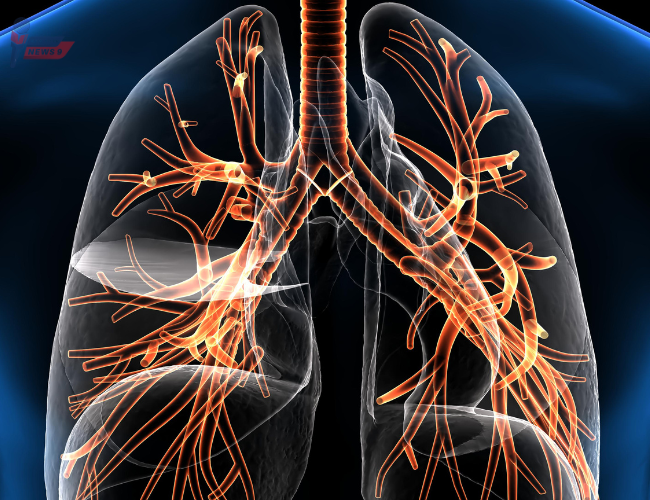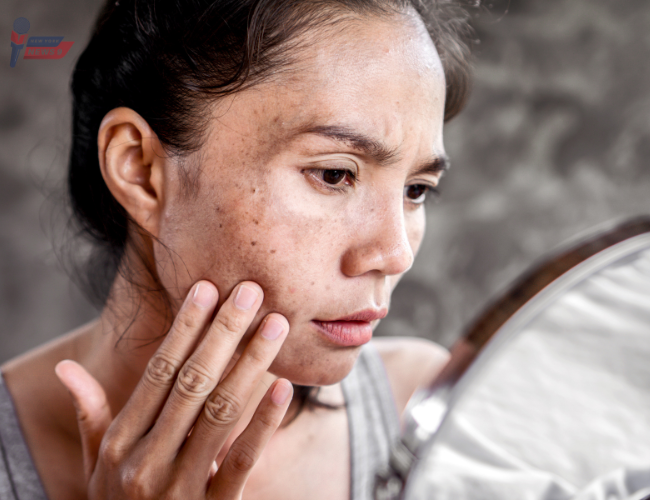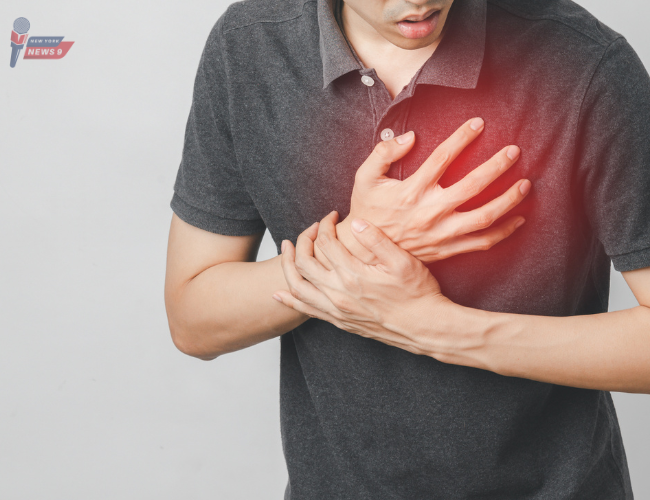Some certain medical conditions can make some people more vulnerable to heat-related illnesses
As temperatures soar during heat waves, it is crucial for everyone to take precautions to stay safe and healthy. However, individuals with underlying health conditions face additional challenges and risks during extreme heat. In this article, we will explore how heat waves can impact people with specific health conditions and provide essential tips to help them stay protected and comfortable.
Respiratory conditions

People with respiratory conditions such as asthma, chronic obstructive pulmonary disease (COPD), or other lung disorders are at a higher risk during heat waves. The heat and humidity can worsen their symptoms, leading to shortness of breath, coughing, and wheezing. To safeguard their health during extreme heat:
- Stay Hydrated
Drink plenty of water to keep respiratory passages moist and prevent dehydration, which can exacerbate breathing difficulties.
- Stay Indoors During Peak Heat Hours
Avoid going outside during the hottest parts of the day when the sun is strongest and the air quality is lower.
- Use Air Conditioning
If possible, stay in air-conditioned environments to maintain a cooler and more comfortable atmosphere.
- Monitor Air Quality
Check local air quality levels and avoid outdoor activities on days with high pollution or allergen levels.
- Keep Medications Handy
Ensure necessary inhalers or medications are readily available and carry a rescue inhaler if prescribed by a doctor.
Skin conditions

People with skin conditions like eczema or psoriasis may experience worsened symptoms during heatwaves due to increased sweating and potential irritation from clothing and sun exposure. Here’s how they can manage their condition during extreme heat:
- Moisturize Frequently
Apply a suitable hypoallergenic moisturizer to lock in moisture and protect the skin from dryness and irritation.
- Choose Breathable Clothing
Wear loose-fitting, lightweight, and breathable fabrics to minimize sweat and friction on the skin.
- Limit Sun Exposure
Stay in the shade or indoors during peak sun hours to reduce the risk of sunburn and exacerbating skin conditions.
- Take Cool Showers
Opt for cool showers or baths to soothe the skin and alleviate itching or discomfort.
- Avoid Harsh Soaps
Use mild, fragrance-free soaps and detergents to prevent further irritation to sensitive skin.
Diabetes
Individuals with diabetes need to be cautious during heatwaves as extreme temperatures can affect blood glucose levels and insulin sensitivity. To manage their condition effectively during hot weather:
- Stay Hydrated
Drink plenty of water to prevent dehydration and stabilize blood sugar levels.
- Monitor Blood Glucose Levels
Check blood sugar levels more frequently during heatwaves and adjust insulin or medication as needed.
- Carry Snacks
Keep glucose tablets or small, easy-to-carry snacks in case of hypoglycemia (low blood sugar) emergencies.
- Avoid High-Sugar Drinks
Opt for sugar-free or low-sugar beverages to prevent sudden spikes in blood glucose.
- Secure your insulin intake
Store insulin and diabetes supplies in a cool place, avoiding direct sunlight or extreme heat.
Cardiovascular condition
Heatwaves can put additional strain on the cardiovascular system, potentially leading to complications for individuals with heart disease or high blood pressure. Here’s how they can protect their heart health during extreme heat:
- Stay Cool
Avoid overheating by staying indoors or in air-conditioned spaces when temperatures rise.
- Monitor Fluid Intake
Balance fluid intake to prevent dehydration, but avoid excessive consumption, which can strain the heart.
- Limit Caffeine and Alcohol
Reduce the intake of caffeine and alcohol, as they can contribute to dehydration.
- Take Regular Breaks
Avoid overexertion and take frequent breaks if physical activity is necessary.
- Adhere to your Medication Regimen
Continue taking prescribed medications as directed by healthcare professionals.
Pregnancy

Pregnant individuals may find heat waves particularly challenging as pregnancy increases the body’s heat sensitivity and places extra stress on the cardiovascular system. To ensure a safe and comfortable pregnancy during extreme heat:
- Hydrate Frequently
Drink plenty of water to stay hydrated and support the increased demands of pregnancy.
- Avoid Overheating
Stay indoors or seek shade during the hottest parts of the day.
- Elevate Feet
If swelling occurs, elevate the feet to reduce edema and discomfort.
- Wear Loose Clothing
Opt for loose-fitting, breathable clothing to improve airflow and comfort.
- Cool Compresses
Apply cool compresses to the neck and forehead to help regulate body temperature.
Mental health

Heatwaves can also impact mental health, especially for those with conditions like anxiety, depression, or other mood disorders. The extreme heat and discomfort may exacerbate symptoms. To protect mental well-being during heatwaves:
- Stay Hydrated
Dehydration can affect mood, so drink enough water to stay properly hydrated.
- Stay Connected
Reach out to friends, family, or support networks to share experiences and emotions during challenging times.
- Limit Sun Exposure
Avoid prolonged exposure to the sun, as extreme heat can be mentally taxing.
- Create a Cool Space
If possible, create a cool and calming environment at home to seek refuge from the heat.
- Practice Relaxation Techniques
Engage in relaxation exercises, meditation, or mindfulness practices to manage stress and anxiety.
Conclusion
During heatwaves, taking precautions to protect one’s health is essential, especially for individuals with underlying health conditions. Whether dealing with respiratory conditions, skin conditions, diabetes, heart disease, pregnancy, or mental health issues, being proactive and mindful of their specific needs can make a significant difference. By following these essential tips, individuals with underlying health conditions can stay safe, comfortable, and better prepared to cope with the challenges of extreme heat. Remember to consult healthcare professionals for personalized advice and guidance based on individual medical histories and conditions.













